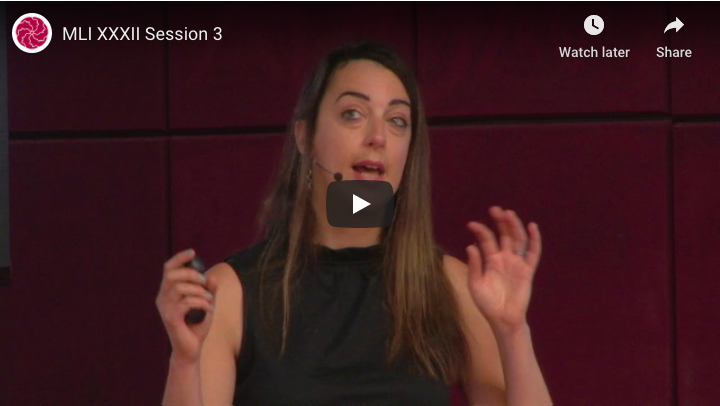Evolution has shaped our brains to be ready for the worst. Some parts of the brain, like the amygdala, are similar across species and activate rapid responses in life-threatening situations. Although these responses are essential for escaping an unexpected assault or burning building, these same systems can be activated by stressors whose solutions require a more thoughtful response. Indeed, most of the aversive events we experience as humans are not life-threatening, and yet the same chemicals and hormones flood our brains. When life stress is recurrent or chronic, repeated exposure to these elements damages the very part of our brains that is needed to cope with complex social situations, an area called the prefrontal cortex (PFC). Unlike the amygdala, the PFC is most highly developed in humans, and helps us make good decisions, behave appropriately, and manage our busy lives. I will discuss what neuroscientists have discovered about how emotional traumas can alter the structure of the PFC, leading to debilitating, long-term deficits in cognition and social behavior. I will emphasize that these effects differ between males and females. Finally, I will show that these same scientific approaches can also teach us about the biological processes that underlie empathy, compassion, and recovery.

Rebecca Shansky, PhD
Northeastern University
Rebecca Shansky is an Assistant Professor in the Psychology Department at Northeastern University in Boston, Massachusetts. Her doctoral work at Yale University examined the influence of sex hormones on stress-related … MORE

Theo Sowa, CBE
African Women’s Development Fund
Theo Sowa is an independent advisor and consultant, specialising in international social development with a particular emphasis on children’s rights and protection issues. She is currently the CEO of the … MORE


